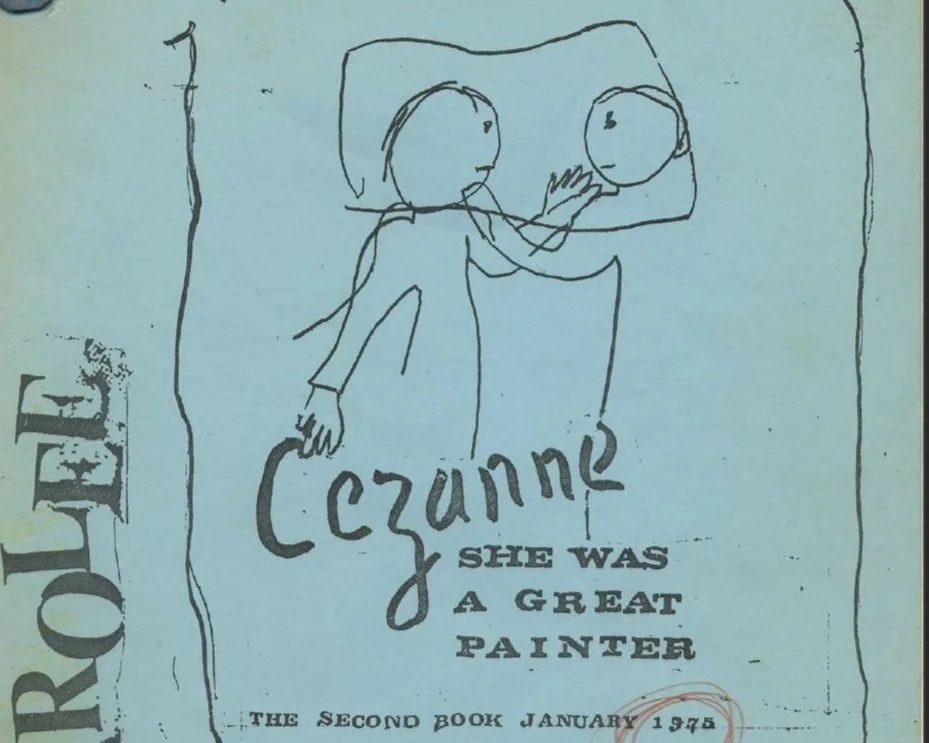Iran Protests - Women, Life, Freedom
This listening session focuses on the podcast ‘Iran Protests- Women Life Freedom,’ by Fari Bradley. We will listen together to the podcast, share reactions to it, as well as tactics for solidarity and resistance with the people of Iran.
Made in October 2022, the podcast features the voices of activists and protestors in the Women Life Freedom movement, who submitted their recordings anonymously. We also hear from activist Steve Marsling who as a teenager in South East London worked for the end of the bloody South African Apartheid regime.
On 16 September 2022 twenty-two-year-old Kurd Mahsa Amini died in hospital after being beaten by Iran’s Guidance Patrol, or ‘morality police’, for wearing her hijab ‘improperly.’ Her death sparked momentous protests in Iran and around the world, raising a movement labelled the "first feminist revolution" in the region. Protests grew to encompass the diverse grievances of Iranian women, with many removing and ritualistically burning their hijabs. Across the diaspora, Iranian women are cutting their hair in solidarity. Building on the Green Movement (or ‘Persian Awakening’) of 2009, these protests are part of a burgeoning political arts and culture movement and intergenerational activism. With no identifiable leader to assassinate, women and children throughout Iran lead this uprising alongside their parents and grandparents, and striking oil, steel and other industrial workers.
www.mixcloud.com/Resonance/iran-protests_clear-spot-longer-edit/
For Reference
Nazanin Shahrokni, ‘Women, Life, Freedom’ (22 November 2022), www.historytoday.com/archive/history-matters/women-life-freedom
Fari Bradley
Fari Bradley (b. Iran) is an artist engaging with listening, language and the environment. Her research-based practice spans the mediums of performance, broadcast, installation and sculpture. Core methodologies revolve around experimentalism, deep listening and exercises in modes of communication and reception. Bradley’s works employ treated found objects, textiles and electronics. Her live performances stage interplays between architecture, public space and history, provoking and repositioning the listener, questioning our sense of self and our place within both society and nature.
With a history of live, broadcast and prerecorded collaborations, Bradley is a member of London noise-improv quartet Oscillatorial Binnage 2013-present, recently releasing the album Agitations: Post-Electronic Noise on Sub Rosa). With sound art duo Bradley-Weaver, working with sound artist and archivist Christopher John Weaver in UK and the Middle East since 2013, Bradley released a limited edition artist-vinyl record, Systems for a Score with The Vinyl Factory, UK, made during a live-in installation for their eponymous solo show at Tashkeel (Dubai), 2014.
Living and working around the Persian Gulf, (different Emirates in the UAE, Bahrain, Kuwait and Pakistan), Bradley had solo shows and a series of Bradley-Weaver sound art exhibitions and projects. Beyond that, sound pieces and experimental musical performance commissions included for example at the Beirut Arts Centre, Lebanon and at The Media Majlis, Northwestern University, Qatar. Bradley is a member of CRiSAP (Creative Research into Sound Arts Practice), researching a practice-based PhD in Sound Arts at the London College of Communication (LCC), University of the Arts (UAL).
Eventbrite Registration
www.eventbrite.co.uk/e/iran-protests-women-life-freedom-tickets-474809767797?utm-campaign=social&utm-content=attendeeshare&utm-medium=discovery&utm-term=listing&utm-source=cp&aff=escb
Image Description
The image depicts a photograph of the silhouette of a figure dressed in black, with curly shoulder-length hair, left arm raised and hand forming a fist. With their back to the viewer, the figure stands before the green, red and white horizontal stripes of Iran’s national flag.



